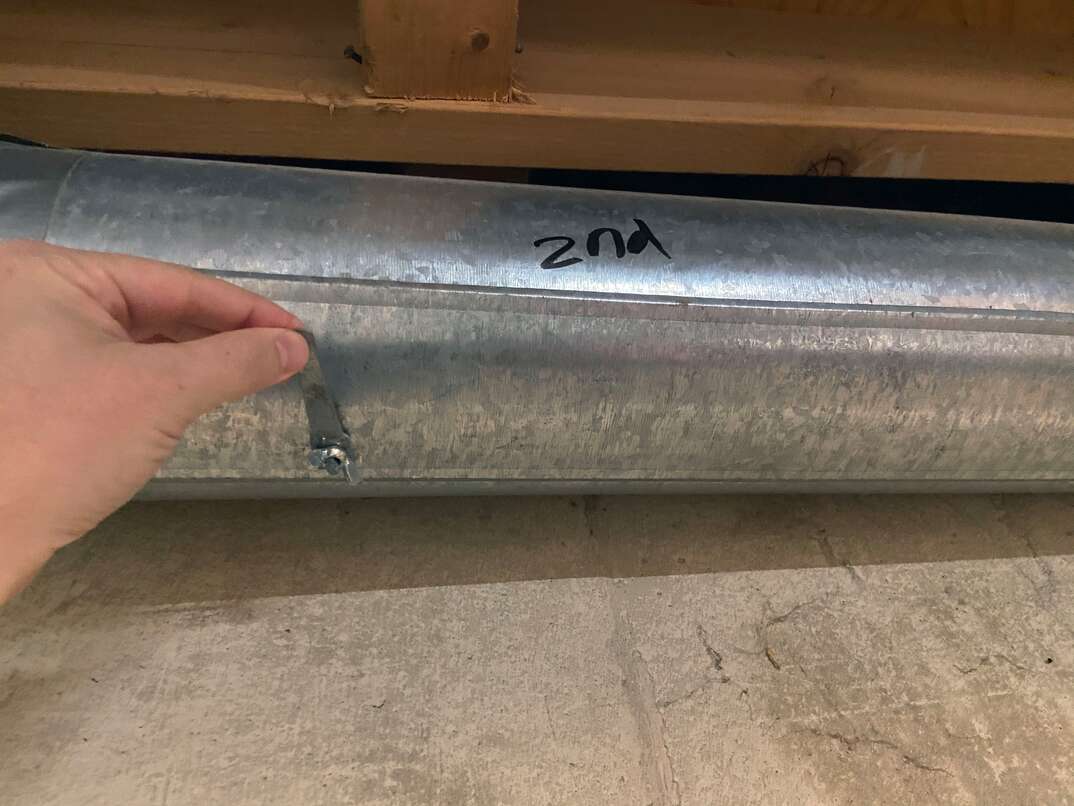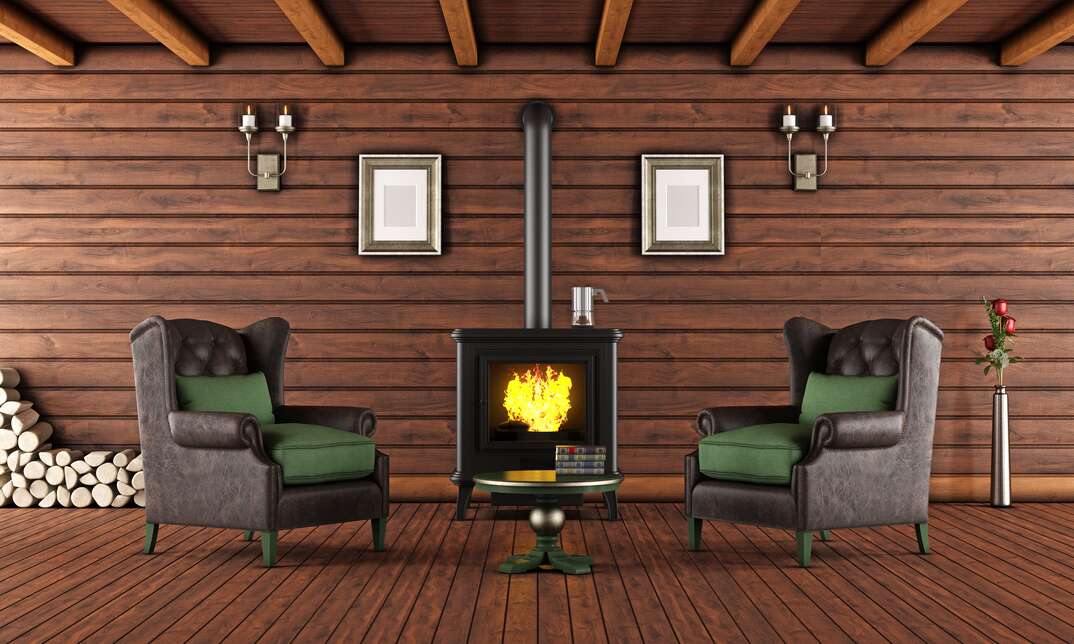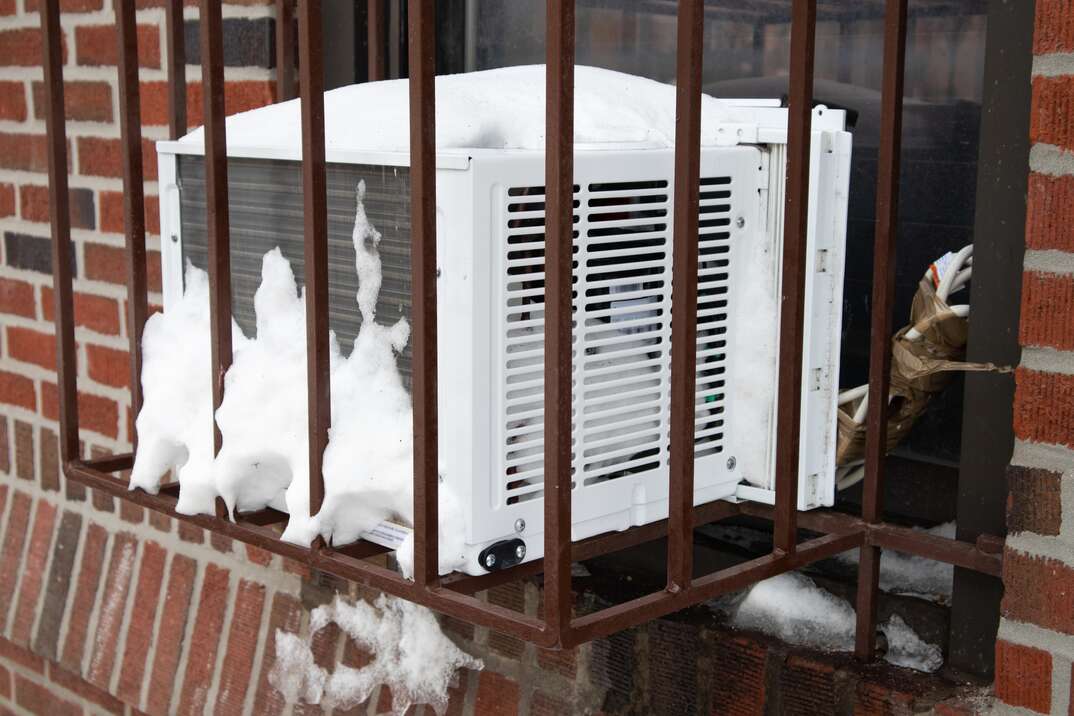Trouble with your Home Heating System? When to repair or replace

When the cold weather shows no sign of relenting, you rely on your home heating system to get you through the bitter days. If the dreaded moment comes when your heat decides to stop working properly, you'll be wondering whether it can be fixed with a quick repair or if you need to consider replacing the system.
Here's what you need to know to make your decision:
Warning signs
When your heating system is on its last legs, it will send you certain signs to bring the issues to your attention. Keep an extra careful eye out for these indicators if your system is passing the 10-year mark. While it varies depending on use, environment, and maintenance, most homeowners can expect 10 years minimum from heat pumps. Furnaces usually have a longer lifespan on average, ranging from 15 to 20 years. These systems can last as long as 30 years, though, so replacement might not be immediately necessary on your heating system's tenth birthday.
Symptoms of an unhealthy heating system might include lingering smells, uncommon noises and excessive dust around the home. Are you avoiding a room in your house because it's much colder than the others? The irregular temperature likely means there's something wrong with your system. And if your bills seem to keep growing, it could be because your unit's energy efficiency is plummeting. These are all signs of a working system that’s lagging in performance. If you notice any of them, it might mean it's time for a DIY home heating checkup or to schedule a professional servicing.
Deciding factors
So, repair or replace? That’s the big question. When you're weighing the options, keep these factors in mind:
- Cost
- Safety
- Age
- Energy efficiency
- Repair history
Start by getting an estimate from a licensed professional for repairs and compare them with the price of a new system. More often than not, the cost difference can be the most influential deciding factor. Another important element to consider is safety. If your system is causing a safety hazard, such as potential gas leaks, you should replace your unit as soon as possible.
While your system may have the endurance to keep running past the 10-year mark, it likely won't be working efficiently. Mediocre heating will only waste energy and cause your bills to increase. With an expired warranty, you'll keep paying for repairs out of pocket. If the age of your system causes you to replace it, make sure you buy an Energy Star certified system. According to Energy Star, you can save up to 20 percent on your heating costs with a high-efficiency unit. These qualified systems will also significantly reduce your environmental footprint.
Lastly, think about how many repairs your system—and wallet—has already weathered. Sometimes DIY maintenance, such as replacing filters or sealing ductwork, can be all your system needs to be up and running again. However, if your HVAC needs frequent repair work or has already had a few major repairs, it's usually a good idea to invest in a new system.
The bottom line
Most HVAC professionals agree on a general rule of thumb when deciding between heating system replacement or repair: If repairs will cost half as much as a replacement - or more - homeowners should consider replacing the unit. With a new high-efficiency system comes improved energy efficiency, potentially lower utility bills, and a brand-new manufacturer’s warranty. If you invest in a solar energy system, you may even apply for federal tax credits.
If the system is less than 10 years old, however, a repair should suffice for many issues.
If your heating system is broken, especially during the depths of a brutal winter, don't stall your decision. If you wait too long, the problem could worsen, possibly costing more money in the long run. With a heating system home warranty or home repair plan, you'll have the support you need to help cover emergency costs. Enter your ZIP Code to learn more about HomeServe's affordable home repair services available in your area.


